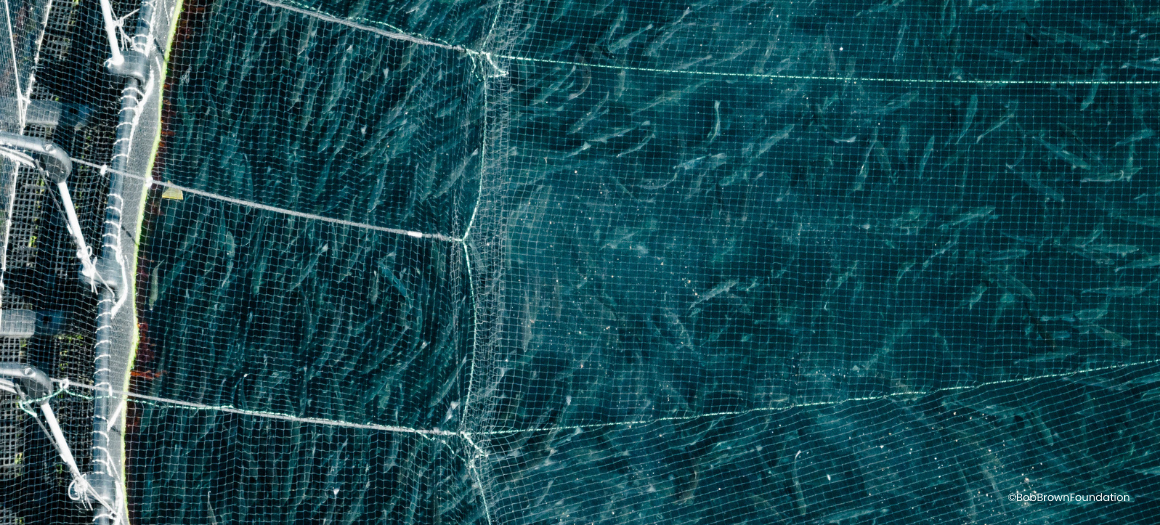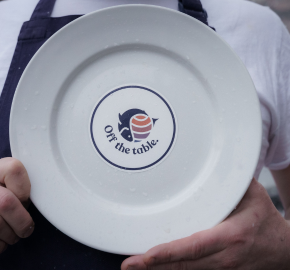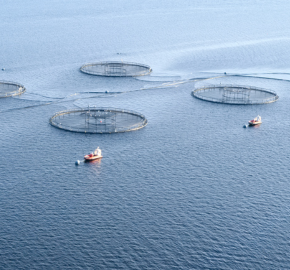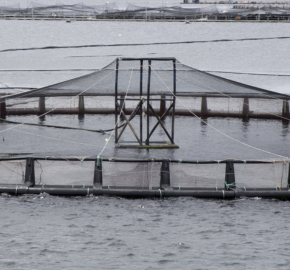Wild Salmon Strategy Statement

Too little, too late
Regrettably, the detail within Scottish Government’s new Wild Salmon Strategy provides little cause for optimism.
On the positive side, we welcome the requirement for SEPA to review all existing CAR licences with a view to improving fish passage (salmon need unrestricted access to as much of river catchments as possible to maximise juvenile production) and the possibility of exploring “new means to improve investment in Scotland’s rivers” although we are sceptical as to the wisdom of “investigating private sector contributions” if they might come from sectors that have damaged salmon.
The proper way to ensure that the ‘polluter pays’ is via existing regulatory controls, the use of civil penalties such as restoration notices and the use of the existing legal mechanism for imposing liability for environmental damage.
The Strategy relies on a great deal of further research and the timescales are far from ambitious – for example, the Strategy does not, in itself, change anything in-river, with the aim being to produce an “implementation plan” at some stage within the next 12 months.
On the question of the negative impacts of salmon farming on wild salmon, the Strategy continues the political focus of the current Scottish Government on facilitating the expansion of fish farming at the expense of all else, emphasising that Marine Scotland Science will “continue to support assessments of risk and mitigation options to facilitate sustainable development of Scotland’s…. aquaculture industries”. One of the members of the Wild Salmon Strategy Stakeholder Advisory Group is Salmon Scotland (formerly Scottish Salmon Producers Organisation).
The Strategy emphasises Scottish Government’s commitment to “playing an active role in the effective functioning of NASCO and the development and implementation of NASCO resolutions, agreements and guidelines”. However, no mention is made of the Scottish Government failure, over 18 years, to meet NASCO’s 2003 resolution on salmon farming impacts that “there is no increase in sea lice loads or lice-induced mortality of wild salmonids attributable to the farms”.
Find out more about our work to save wild salmon from the threat of open-net salmon farming by clicking on this links below.
A literature review: the impacts of open-net salmon farming on wild fish and the environment.



